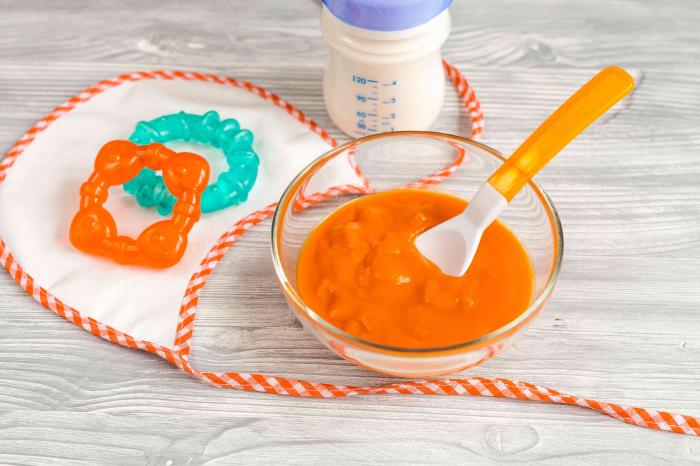Making homemade baby food can be a rewarding experience for parents. It allows you to control the ingredients and ensure your baby gets nutritious meals. One question many parents have is whether they can jar homemade baby food. This article will explore the process, safety, and tips for jarring homemade baby food.
Why Make Homemade Baby Food?
Homemade baby food offers several benefits. You can choose fresh, organic ingredients. You can also customize flavors and textures to suit your baby’s preferences. Making food at home can save money in the long run, too. Store-bought baby food can be expensive, and homemade versions often taste better.
Understanding the Jarring Process
Jarring, or canning, is a method of preserving food in sealed containers. This process can extend the shelf life of homemade baby food. However, jarring baby food requires careful preparation to ensure it is safe for your baby to eat.
The Importance of Safety
When it comes to baby food, safety is paramount. Babies have developing immune systems, making them more susceptible to foodborne illnesses. Therefore, it is crucial to follow proper food safety guidelines when jarring homemade baby food.
Choosing Ingredients
Select fresh, organic fruits and vegetables for your baby food. Avoid using any additives or preservatives. Wash your ingredients thoroughly to remove any dirt or pesticides.
Preparing the Food
Start by cooking your ingredients. Steam or boil fruits and vegetables until they are soft. This step makes them easier to blend and digest. After cooking, let the food cool before blending it into a smooth puree.
Jarring Techniques
To jar homemade baby food, follow these steps:
Sterilize Jars: Before using jars, sterilize them to kill any bacteria. You can do this by boiling the jars in water for 10 minutes or using a dishwasher with a sterilizing cycle.
Fill Jars: Fill the sterilized jars with the blended baby food. Leave some space at the top of the jar to allow for expansion during the canning process.
Seal the Jars: Wipe the rims of the jars with a clean cloth to ensure a good seal. Then, place the lids on the jars and screw them on tightly.
Process the Jars: Place the filled jars in a canner or a large pot filled with boiling water. Make sure the water covers the jars by at least an inch. Process the jars for about 20-30 minutes. This step helps create a vacuum seal.
Cool and Store: After processing, remove the jars from the water and let them cool on a clean towel or cooling rack. Once cooled, check the seals. If the lid does not pop back when pressed, it is sealed correctly. Store sealed jars in a cool, dark place.
Shelf Life of Homemade Baby Food
When properly jarred, homemade baby food can last for several months. However, it is essential to label each jar with the date and contents. Use older jars first to minimize waste. Always check for signs of spoilage before feeding your baby.
Freezing as an Alternative
If jarring seems complicated, freezing is another option. Freeze homemade baby food in ice cube trays. Once frozen, transfer the cubes to a freezer-safe bag. This method allows you to thaw individual servings as needed.
Signs of Spoilage
Always check for signs of spoilage before using jarred baby food. Look for:
Swollen lids: This indicates a failed seal.
Off smell: Any unusual odor is a red flag.
Discoloration: Changes in color can indicate spoilage.
If you notice any of these signs, do not feed the food to your baby.
Feeding Your Baby
When introducing homemade baby food to your baby, start with small amounts. Watch for any allergic reactions, especially if you introduce new ingredients. Wait a few days before trying another new food to monitor for any adverse reactions.
Nutritional Considerations
Ensure the homemade baby food is nutritionally balanced. Offer a variety of fruits, vegetables, grains, and proteins. Consult with your pediatrician for guidance on appropriate foods and serving sizes.
See also: Are Meal Replacement Shakes Safe While Breastfeeding
Conclusion
Jarring homemade baby food can be a safe and convenient option for parents. With proper preparation and safety measures, you can provide your baby with nutritious meals that support their growth and development. Always prioritize safety and consult with professionals if you have any concerns. Making baby food at home can be a fulfilling experience, ensuring your little one enjoys healthy meals tailored to their needs.
Related topics:


